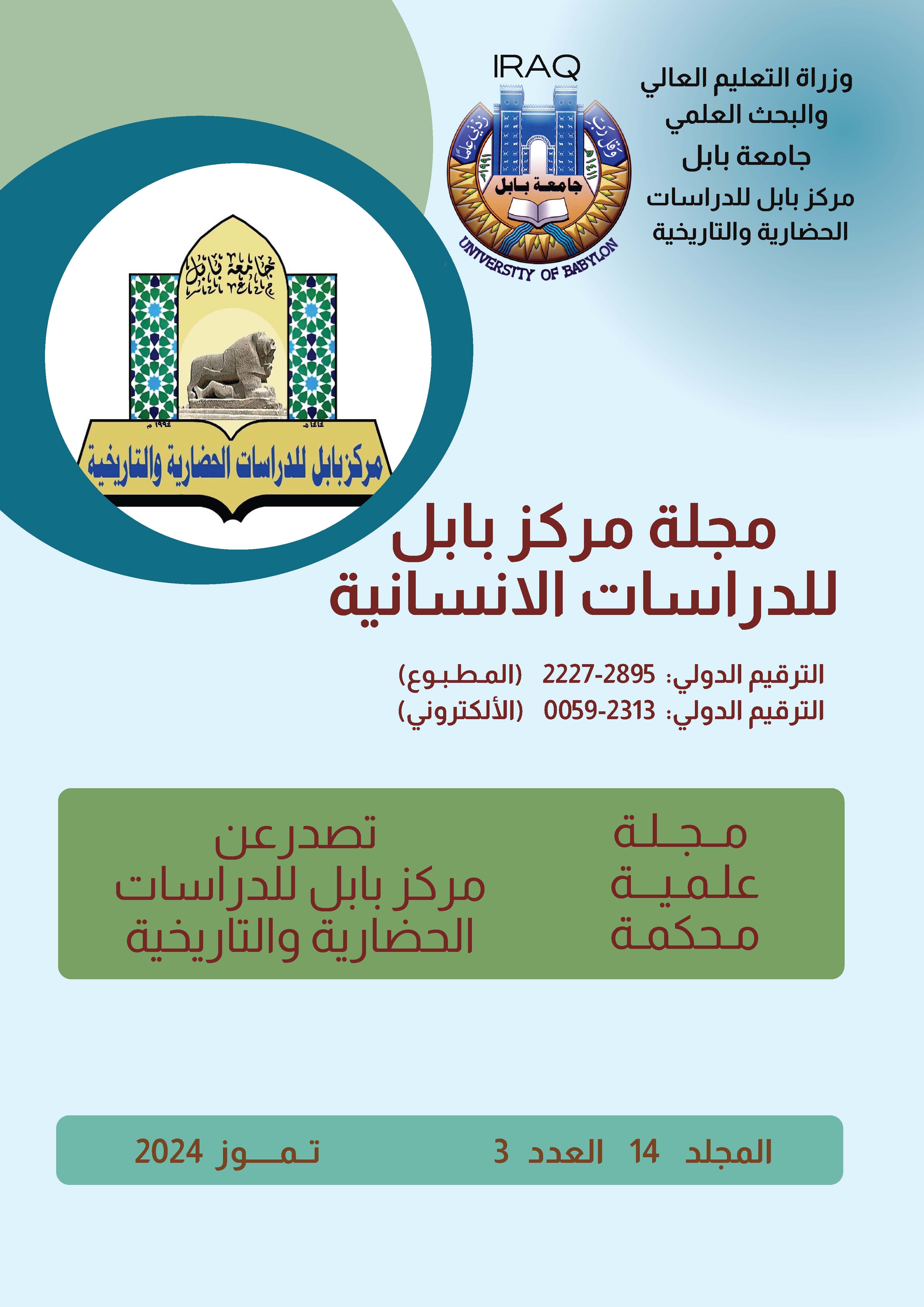The role of university education in achieving intellectual security and societal peace
Keywords:
community peace, university activities, university administration, curriculum.Abstract
Terrorism is the result of intellectual extremism, which is the first enemy of humanity, and that there must be a comprehensive treatment of this phenomenon based first on sustainable development and secondly on education, stressing that education must be innovative and creative. Universities and scientific research centers are proactive in confronting terrorist ideology through education and alerting to the danger of this idea infiltrating the educational system. Combating extremism requires spreading and promoting a culture of positive thinking, practicing the values of tolerance and pluralism, promoting the principle of moderation and moderation, enhancing the role of women in the family, family upbringing and parental care. Education alone is not enough to defeat terrorism, but it is necessary to increase the religious dose in the education system to raise awareness and exchange ideas and opinions, and the need to realize that education is inseparable from culture, as well as reviewing and developing curricula and submitting proposals about them, as well as modern teaching methods, tools and behavioral goals as well. The aim of the study is to promote understanding and tolerance and urges the values of mutual respect and diversity in an applied (practical) manner, and among the ways and recommendations that universities can build in students in the path of confronting intellectual terrorism and achieving intellectual security and societal peace: - 1-Promote education and awareness: Universities can provide educational programs that highlight educational and behavioral values such as understanding, tolerance, encourage mutual respect, and promote critical thinking (such as human rights and peaceful coexistence). 2-Encouraging research and analysis: Universities enable students and faculty members to conduct research related to societal peace or extremism and intellectual terrorism and search for solutions to these phenomena by studying these phenomena, identifying their causes, and developing strategies and solutions to confront them. 3-Provide training programs for employees: Universities can offer training programs or courses that focus on intellectual extremism and terrorism and how to deal with students who may be vulnerable to these ideas. 4-Promoting cultural interaction: Organizing events that promote understanding between students of different cultures and religions and promote constructive dialogue and mutual respect. 5-Encouraging volunteer work and community participation: through cooperation with international organizations or local communities and religious bodies to promote the values of tolerance, understanding, cooperation, patriotism and belonging to it. 6-Psychological and social guidance: by providing psychological and social support services to students and employees of the institution, as well as providing them with programs that enhance health and psychological balance. 7-Monitoring threats: Establishing a system, behavioral regulations and slogans on campus that identify unacceptable behaviors to address threats and protect students and employees in the institution. 8-Cooperation with government security agencies: Work with security authorities to analyze any threat within the institution to take the necessary measures. In this study, I dealt with the most important pillars that achieve intellectual security and societal peace and provide a supportive and appropriate environment to raise the cultural level of students and protect them, represented by three elements with representation: (the role of curricula in achieving intellectual security, the role of university activities in achieving societal peace, and the role of university administration in achieving intellectual security and community peace).







